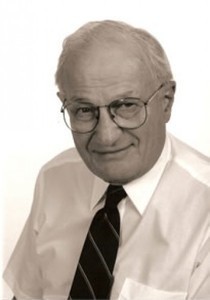purple pill
Member
The late @Travis on this forum seemed to have a great interest and understanding of this, something about gluten and milk messing with the uptake of folate in the brain among other things. My brain hurts when i read his posts though, too advanced for me lol but upping methylfolate at the same time as the gfcf diet, or even just upping the greens may help.... youve maybe tried this tho?My oldest son is multiply handicapped with severe autism. I spent over 2 decades researching and trying soooo many things. The ONLY thing that made a difference was the gfcf (gluten free casein free) diet, as well as homemade yogurt. He cried literally for the first time EVER after a week of gfcf. He never cried before that, even if he hurt himself. He let me hold him and even wanted that for the first time. His speech improved, also. Not a cure but helped in the most major way. Chelation did not SEEM to help but we couldn't get the hang of that and saw worsening symptoms and were too afraid to keep moving forward through that. He couldn't verbalize what he was feeling which also made it too risky for us. Everything else that helped was just coping skills: communication skills, active ignoring, predicting, and LOTs of positive reinforcement. Now at 26 he laughs, cries, expresses all of his basic needs, and enjoys company. However he still has occasional meltdowns for seemingly no reason, still needs a lot of routine and structure and predicting, and needs constant music via headphones or he can't cope with his lack of sensory data.
Not sure there is a way to completely reverse it yet.







